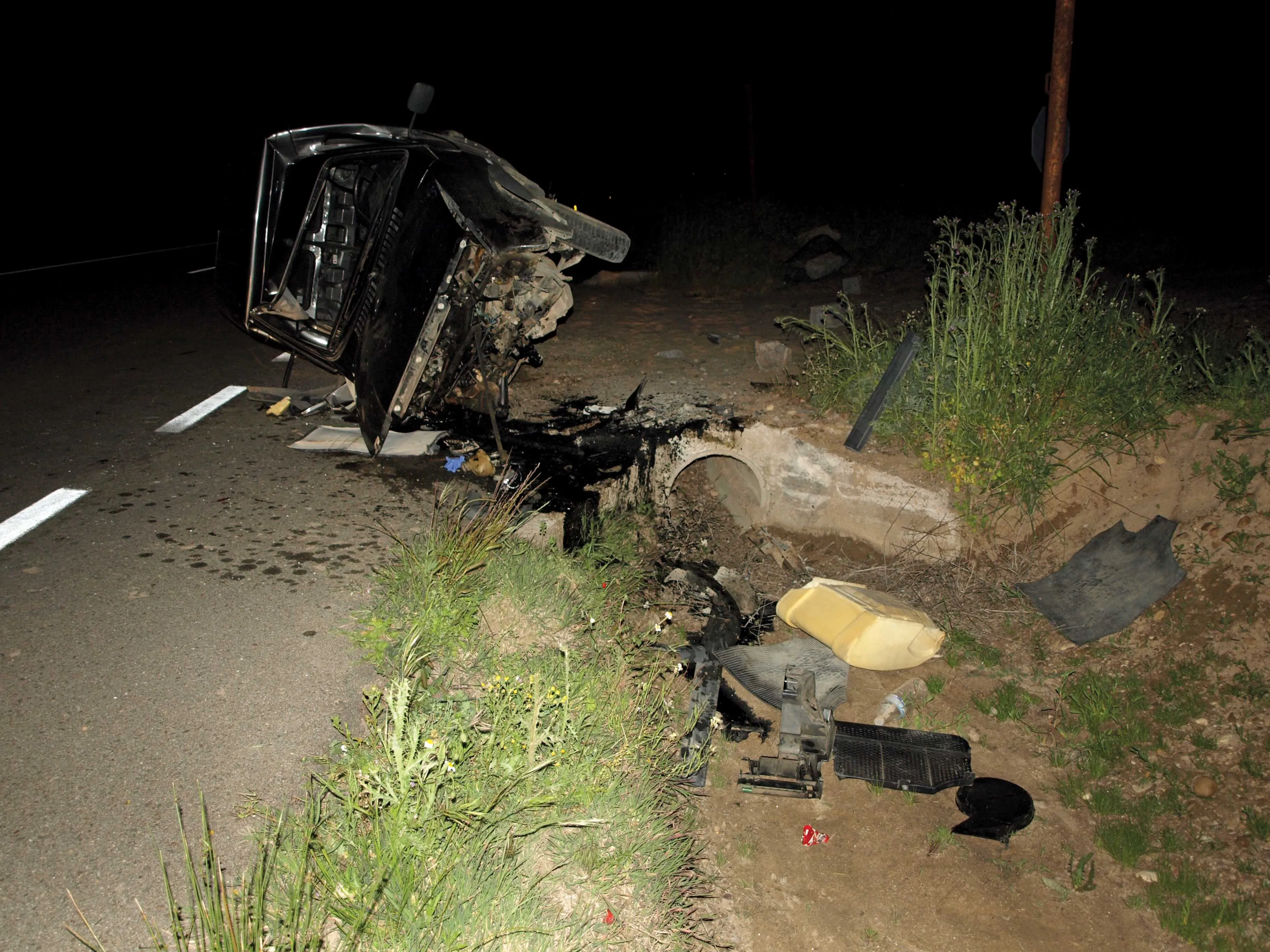The rate of road crashes from drink driving remains a serious concern in the UK. In 2017, there were 220 road deaths in the UK attributable to drink driving, according to the latest figures from the Department for Transport (DfT), the same as for the previous year. However, there were 1,110 crashes caused by drink driving, an increase from the 1,010 from the previous year. In all, there were 8,600 deaths and serious injuries from road crashes in 2017, a drop from the 9,040 of the previous year but still higher than the average for the 2013-2015 period.
Bodies such as the road safety charity IAM RoadSmart have called for a package of measures to address this problem. Lowering the drink drive limit for England and Wales to the same level as for Scotland, is seen as one option.
IAM RoadSMart is also calling for, “…the fast-tracking of evidential roadside testing machines to release police resources, as well as the introduction of innovative approaches to help drivers with alcohol problems. Rehabilitation courses work and we think all those convicted of drink-driving should be sent on one automatically rather than having to opt in. More use of alcohol interlocks and extra penalties such as vehicle forfeiture, as used in Scotland, could all be part of more joined-up approach to the problem, ultimately leading to fewer needless deaths on our roads.”
Drink driving a concern for the UK
The rate of road crashes from drink driving remains a serious concern in the UK. In 2017, there were 220 road deaths in the UK attributable to drink driving, according to the latest figures from the Department for Transport (DfT), the same as for the previous year. However, there were 1,110 crashes caused by drink driving, an increase from the 1,010 from the previous year. In all, there were 8,600 deaths and serious injuries from road crashes in 2017, a drop from the 9,040 of the previous year but still hig
August 28, 2019
Read time: 2 mins







